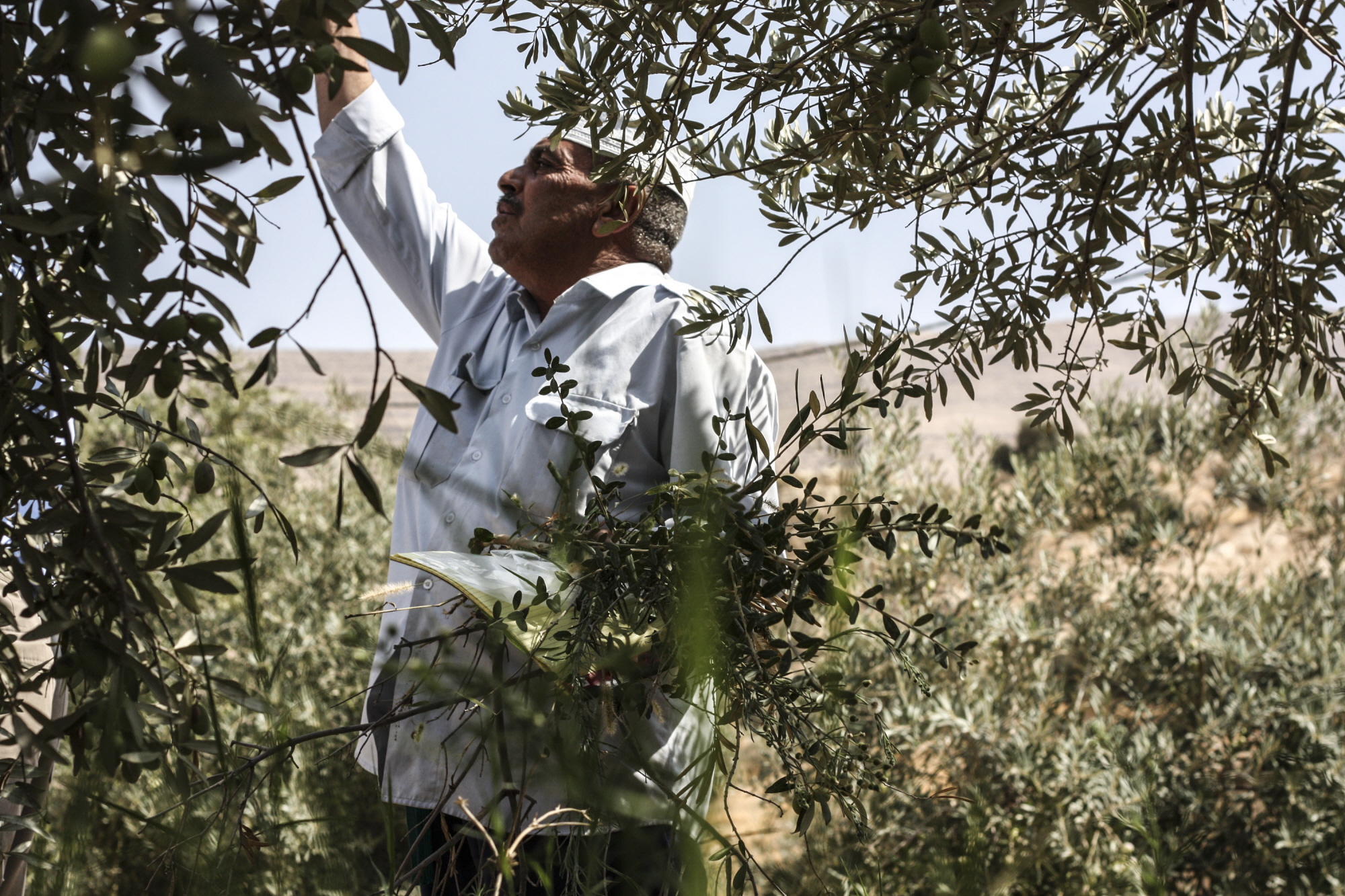Innovation is key to improving Tunisian olive oil sustainability and quality

The European Bank for Reconstruction and Development (EBRD) and the Food and Agriculture Organization of the United Nations (FAO) held a webinar today to present the latest evidence-based approaches to technological and production innovations in the olive oil sector that is expected to grow exponentially in the future.
The objective of the webinar was to showcase how innovations can help Tunisia’s olive oil sector to increase its profitability and sustainability. The online discussion touched on a more responsible use of resources, the digitalization of the sector and more efficient mills processing systems that could improve producers’ income.
Speaking during the event, Ms. Houda Ben Alaya from the Directorate General of Agricultural Production in the Ministry of Agriculture (DGPA), in charge of the olive sector said, “It is important to focus and raise awareness on production practices that reduce environmental impacts and increase the sustainability of olive groves.”
Innovations for Tunisia’s Olive Oil sector
For the last 20 years, olive oil production in Tunisia has already gone through noticeable changes in terms of cultivation practices, processing and packaging adopting, with the introduction of technological innovations.
Tunisia’s olive mills have undergone significant modernization and automated processing facilities now account for two thirds of the country’s milling capacity.
Looking to the future, the speakers highlighted the digital technologies that can help better control production variables such as water, temperature, and oxygen– which is increasingly being used in advanced olive processing. As a result, Tunisia is able to increase the quantity and quality of oil produced and re-use byproducts that used to be discarded. For instance, the ultrasound treatment allows a significant increase in yields and oil quality and the most recent high vacuum technologies, still in the testing phase, offer advantages in terms of extraction efficiency and quality.
The way forward
Tunisian olive oil producers and processors that use less water and pesticides are already in line with some of the 2030 Sustainable Development Goals. They are competitively positioned as the environmental awareness and sensitivity of consumers drive changes in the demand for organic olives and olive oil.
‘We need to be able to anticipate changing societal demands. The Tunisian model of organic and water-sparing olive growing - with olive trees able to survive extreme conditions - is already in good symbiosis with the sustainability that we all want in the near future and for our children,” said Mauro Meloni, Director of CEQ Extra Consortium and international olive oil expert.
To support a fuller environmental transition of the olive oil sector, more visibility, funding and good will from both public and private players is needed to implement the practical solutions that are already available.
